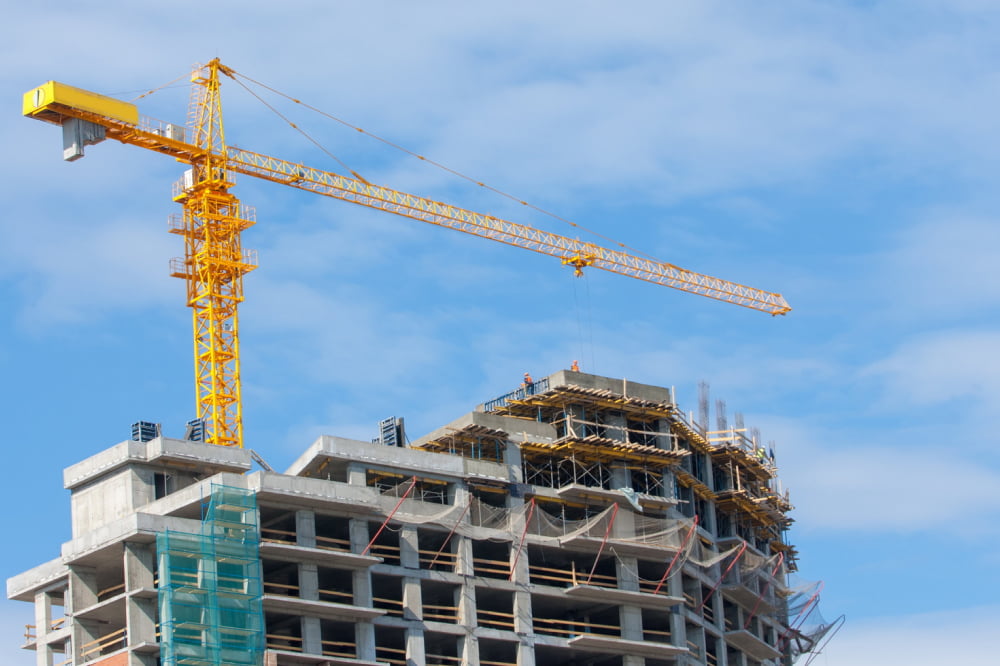
Things to know about construction
Are you embarking on a construction project and don’t know where to begin? Well, you’ve come to the right place. Construction projects are complex and require a carefully planned-out strategy. With the right strategy, you can achieve successful results that will make the project look amazing without overspending on materials. In this article, we will bring up the critical elements of a successful construction project, from choosing the right building materials to the fundamentals of constructing a building.
Understanding the construction industry
The construction industry plays a vital role in d eveloping communities with standalone, durable infrastructure. It is a complex and highly specialized sector encompassing various projects, ranging from residential buildings to industrial facilities and transportation systems.
To successfully undertake any construction project, it is essential to have a good understanding of the industry, its dynamics, and the key players involved. One of the critical players in the construction industry is the building materials suppliers. They provide a wide range of construction materials essential to ensuring the completion of various construction projects.
On the other hand, construction companies are the leading contractors who undertake the actual construction work. They are responsible for ensuring the project is completed to the required specifications, on time, and within budget.
The construction industry is also heavily regulated, and various local and national laws and regulations govern it. These laws cover everything from the types of materials used to building codes and safety regulations. Construction projects also require various permits, including environmental and construction permits.
Different types of constructions
- Residential
These types of construction are focused on building homes or apartment buildings for individuals and families to live in. Residential construction can range from small houses to high-rise buildings. This can include various features such as pools, garages, and landscaping. - Commercial
Commercial construction focuses on building structures for businesses, including retail stores, restaurants, offices, etc. These constructions may require specialized features such as parking lots, loading docks, and ventilation systems. - Industrial
Industrial construction primarily focuses on building structures for manufacturing and production for organizations, such as factories, warehouses, and power plants. These constructions often require specialized features such as heavy-duty flooring, high ceilings, and large storage areas. - Infrastructure
Infrastructure construction mainly looks into building public structures such as roads, bridges, and utilities. These constructions may require specialized equipment and expertise and often require approval from government agencies.
No matter what type of construction project you are planning, it is crucial to choose the right type for your needs and work with experienced professionals to ensure positive results and success.
Types of building materials
During construction, the materials used determine a structure’s strength, durability, and aesthetic appeal. Different types of building materials are available on the market, each with unique properties, strengths, and weaknesses. Choosing the right construction equipment that works best for each project is crucial.
- Concrete
Concrete is a popular structural material used for its strength, durability, and versatility. - Wood
Wood is u sed for structural support, roofing, and finishing. - Steel
Durable and long-lasting, steel is a favorite for high-rise buildings and large commercial projects. - Bricks
Bricks are commonly used for building walls, foundations, and chimneys. - Stone
Natural and beautiful, stones are used for aesthetic purposes or building walls and landscaping. - Glass
Glass offers a modern and sleek appearance, making it perfect for windows, doors, and skylights.




